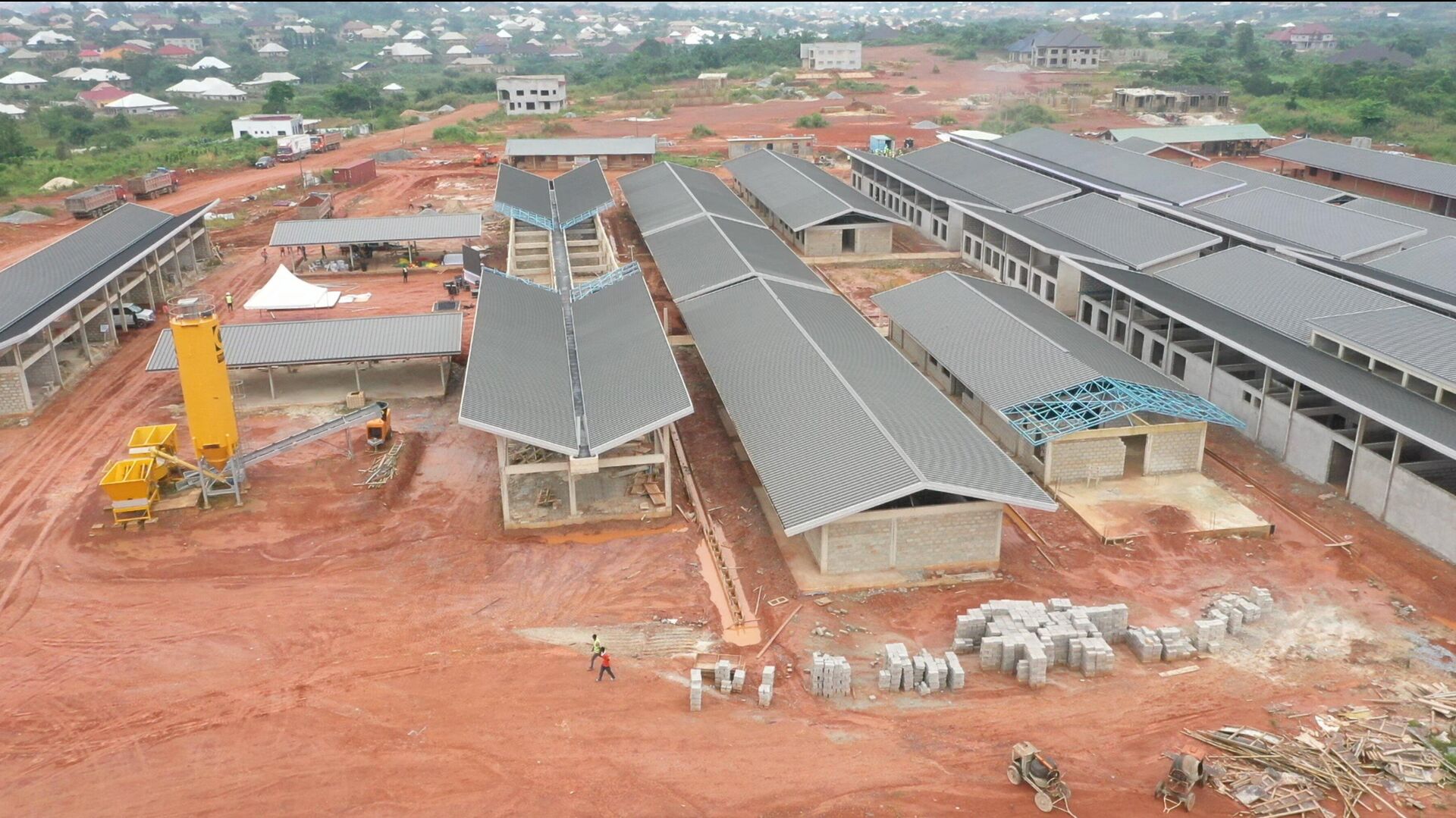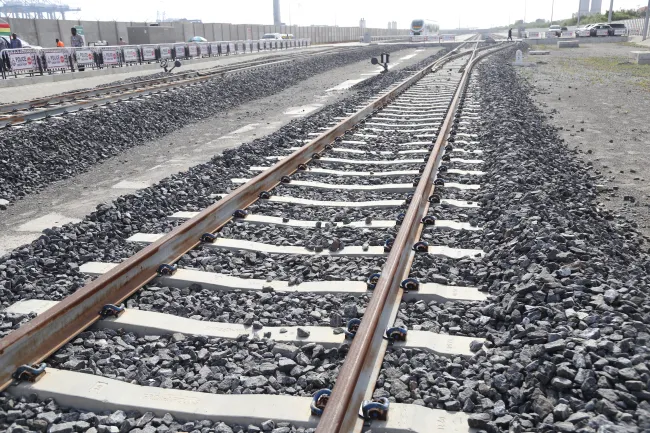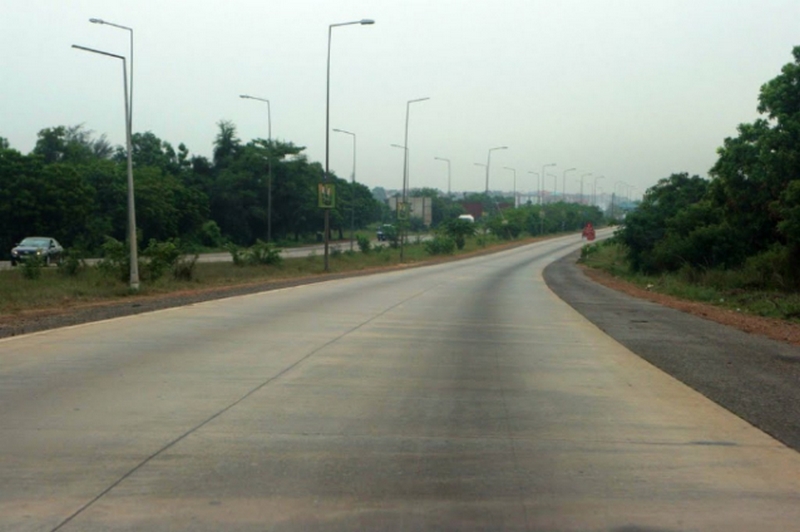The Government of Ghana’s Domestic Debt Exchange Programme (DDEP), introduced as a response to the country’s mounting debt crisis, was designed to restore macroeconomic stability and create fiscal space for growth. However, while it aims to stabilize the economy in the long term, the program has had significant short-term consequences—most notably, the stalling of critical public infrastructure and development projects nationwide.
The Toll on Public Projects
Many government-funded projects, particularly those dependent on financing from restructured domestic bonds, have faced severe funding gaps. Contractors have reported payment delays, and implementing agencies are grappling with constrained budgets and operational uncertainties. These challenges have led to significant delays or outright suspension of major infrastructure initiatives across the country. Below is a list of some of the key projects affected:
Examples of Delayed Projects
Among these, road projects such as the Eastern Corridor Road, Nzema Enclave Roads, Agona Dualization Project, and Bolgatanga-Bawku-Polimakom Road have stalled, leaving communities disconnected and disrupting economic activities. Transport and railway projects, including the Tema-Akosombo Railway Line, the Eastern Railway Line Rehabilitation, and the Ghana-Burkina Faso Railway Interconnectivity initiative, have also been delayed, slowing trade and regional integration efforts.
In the health sector, the Agenda 111 hospitals, intended to enhance healthcare access across the nation, remain incomplete, depriving many communities of much-needed medical facilities. Similarly, the Saglemi Affordable Housing Project, which was designed to provide shelter for thousands, and the National Cathedral Project, a symbol of faith and unity, are yet to be completed.
Urban development projects such as the Accra-Tema Motorway Expansion, the Takoradi Interchange Project, and the Tamale Interchange Phase II have been put on hold, exacerbating traffic congestion and delaying urban transformation. In addition, the Kumasi Central Market Development Phase II and the Cape Coast Sports Stadium Renovationremain unfinished, affecting commerce and sports development.
Human and Developmental Costs
The Economic Governance Platform has been documenting these stalled projects to shed light on the human and developmental costs of the DDEP. Projects like the Pawlugu Multi-purpose Dam, which promised water, power, and irrigation to northern Ghana, and the Boankra Inland Port Project, meant to facilitate trade, have been delayed, impacting livelihoods and economic opportunities. Meanwhile, sanitation and public health initiatives such as the Accra Sewage Improvement Project have also been put on hold, further exacerbating challenges in urban areas.
Education and sustainability efforts have also been affected. For example, the University of Environment and Sustainability, a project meant to promote environmental stewardship, remains incomplete. Similarly, the Pokuase Bulk Supply Point Project, which is crucial for improving electricity distribution, has been delayed, limiting access to reliable power.
Hope Amidst Challenges
While the Domestic Debt Exchange Programme seeks to stabilize Ghana’s finances, its unintended consequences on public projects highlight the delicate balance between fiscal consolidation and development. The transparency brought by documenting these stalled projects underscores the need for greater accountability and urgency in addressing these disruptions.
It is the hope of many that once economic stability is restored, these projects—spanning healthcare, housing, transportation, and energy—will resume, delivering the promised benefits to communities across Ghana and reinvigorating the nation’s development agenda.


